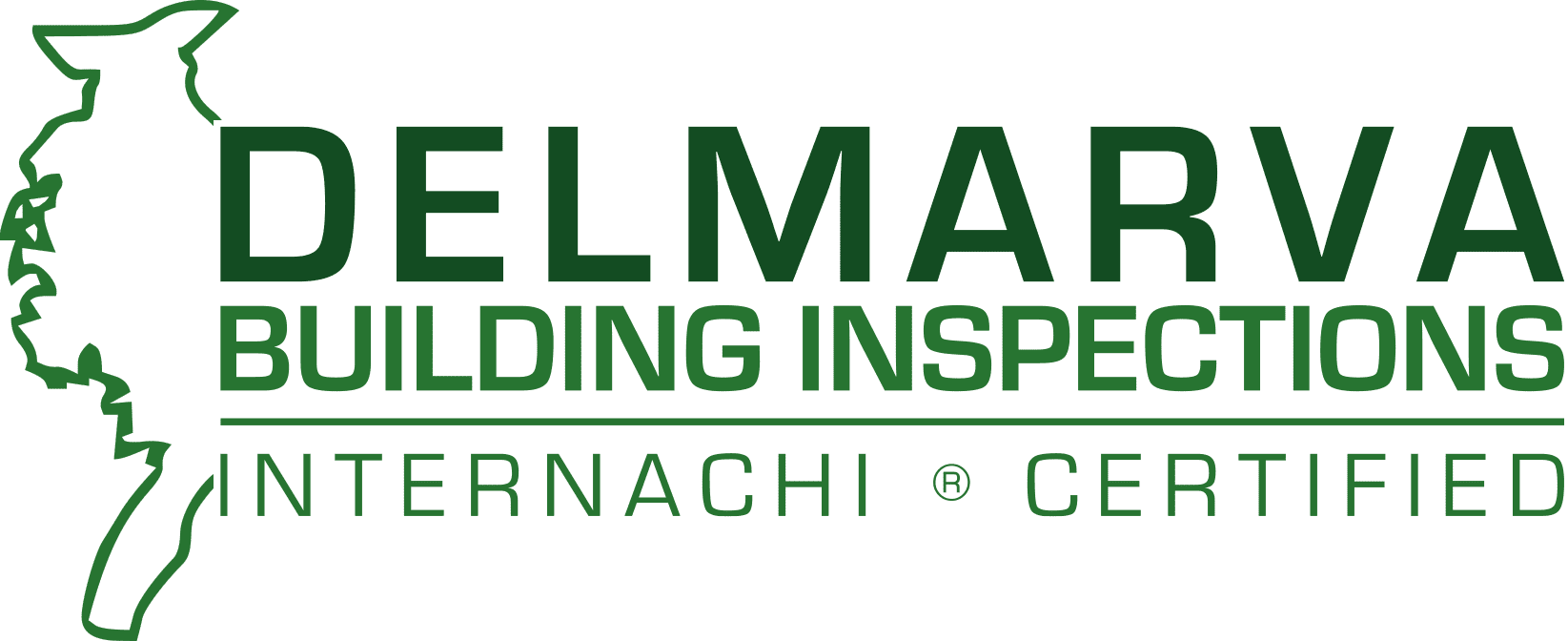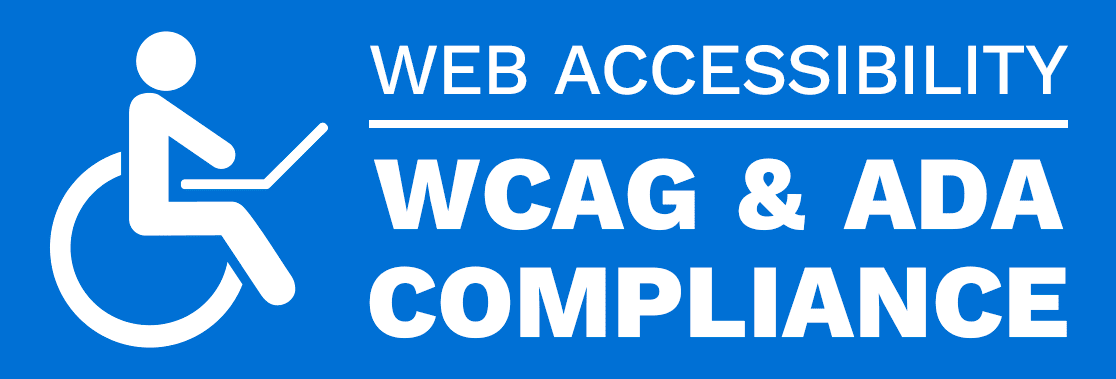Unveiling the Value of Home Inspections for Real Estate Investors
Identifying Potential Issues:
A thorough home inspection uncovers hidden issues and potential problems within a property. From structural concerns to electrical, plumbing, and HVAC systems, an inspector’s expertise can reveal crucial details. These details may not be immediately apparent to the average homeowner. Identifying these issues early on allows investors to assess the cost of repairs or renovations and make informed decisions. It will also provide insights into the property’s profitability.
Accurate Property Valuation:
A home inspection helps investors accurately assess the value of a property. By examining its condition, including its structural integrity and the functionality of its systems, investors can determine if the asking price aligns with the property’s actual worth. Investors can negotiate a fair price or adjust their financial projections if significant repairs are needed.
Negotiation Power:
The findings of a home inspection provide valuable leverage during negotiations with sellers. Armed with a professional assessment of the property’s condition, investors can request repairs or a reduction in price based on the inspection report. This negotiation power can save investors substantial money or help them secure a better deal.

Project Planning and Budgeting:
A home inspection is an invaluable tool for real estate investors planning renovations or property improvements. It offers an in-depth understanding of the property’s needs, allowing investors to create accurate project plans and budgets. With insights into potential repair costs, investors can estimate their return on investment more accurately and ensure that the project aligns with their financial goals.
Project planning and budgeting are critical components of successful real estate investment. A home inspection plays a pivotal role in helping investors develop effective plans and allocate resources appropriately. Here’s an elaboration on project planning and budgeting in the context of a home inspection for real estate investors:
Identifying Priorities:
A home inspection report provides a detailed assessment of a property’s condition, highlighting areas that require immediate attention and can be addressed over time. This information allows investors to prioritize their renovation or improvement projects based on the severity of issues discovered during the inspection. By understanding which aspects of the property need immediate focus, investors can allocate their time, efforts, and financial resources more efficiently.
Cost Estimation:
A thorough home inspection helps real estate investors estimate the cost of necessary repairs or renovations accurately. The inspector’s findings provide insights into the condition of various systems, structural elements, and property components. With this information, investors can obtain quotes from contractors, suppliers, or service providers and develop a realistic budget for their projects. Accurate cost estimation ensures that investors have a clear understanding of the financial commitments involved, helping them avoid unexpected expenses that could impact profitability.
A Real Estate Investors Return on Investment (ROI) Analysis:
Home inspections enable investors to assess the potential return on their investment. By identifying issues and determining the costs associated with repairs or improvements, investors can evaluate the impact of these expenses on the property’s value. They can then weigh these costs against the expected increase in market value, rental income, or potential resale value. This ROI analysis guides investors in making informed decisions about which projects are worth pursuing and align with their financial goals.
Timeframe and Scheduling:
Understanding the scope of necessary repairs or renovations is crucial for creating a realistic timeline. The information gleaned from a home inspection allows investors to develop a schedule that outlines the sequence of tasks, estimated durations, and potential overlaps. Proper project planning and scheduling help investors set realistic expectations, coordinate resources effectively, and minimize delays or disruptions. This ensures that the investment process progresses smoothly and is completed within the planned timeframe.
Contingency Planning:
Home inspections may uncover unexpected issues or unveil additional repairs or improvements that were not initially apparent. By including a contingency budget in their project planning, investors can account for unforeseen expenses that may arise during the renovation or improvement process. This provides a buffer to address any surprises without derailing the overall project or exhausting the allocated budget.
In summary, project planning and budgeting based on a home inspection allow real estate investors to prioritize their efforts. Additionally, the real estate investor can estimate costs accurately, analyze potential ROI, create realistic timelines, and account for unforeseen expenses. By incorporating these aspects into their investment strategy, investors can enhance their decision-making process, ensure financial prudence, and increase the likelihood of a successful and profitable real estate venture.
Risk Mitigation:
A home inspection is a crucial risk management tool for real estate investors. It helps identify potential safety hazards, such as faulty wiring, mold, or structural instability. By uncovering these issues, investors can take the necessary steps to mitigate risks and prioritize necessary repairs or improvements. This safeguards both the occupants of the property and the investor’s liability.
Investor’s Reputation and Peace of Mind:
A thorough home inspection demonstrates an investor’s commitment to transparency, due diligence, and professionalism. By providing potential buyers or tenants with a comprehensive inspection report, investors build trust and establish their reputation in the industry. Moreover, it offers peace of mind knowing that the investment is based on accurate and reliable information.
Embracing The Value Of A Home Inspection:
Real estate investing carries inherent risks, and making informed decisions is crucial for success. Engaging a professional home inspector adds significant value to the investment process. Real estate investors can make more informed decisions and maximize their returns by identifying potential issues, accurately assessing property value, negotiating effectively, planning projects, mitigating risks, and building a solid reputation. Embracing the value of a home inspection sets investors on a path to long-term success. In the dynamic world of real estate investing, every tool helps make informed decisions.


















